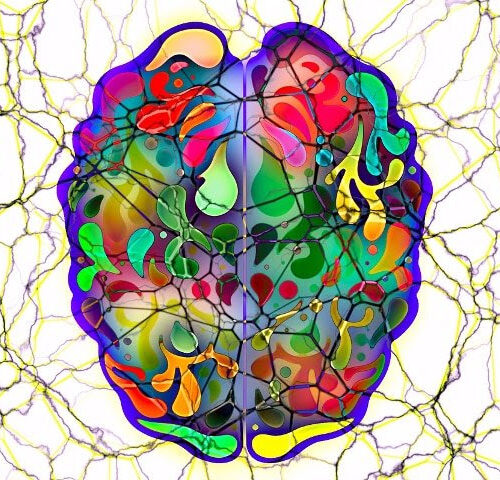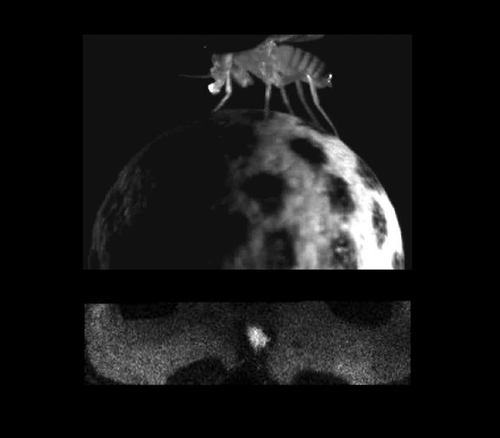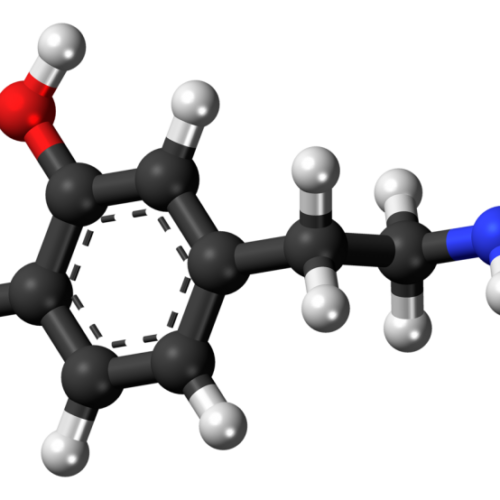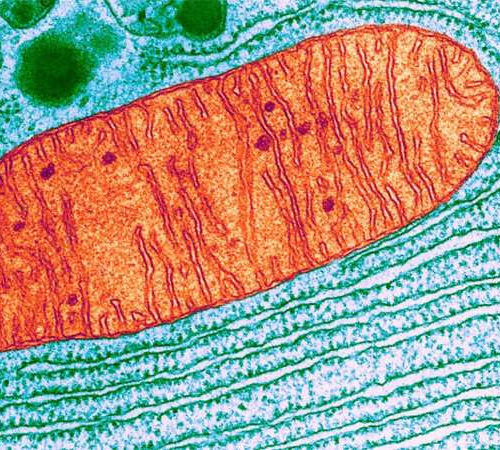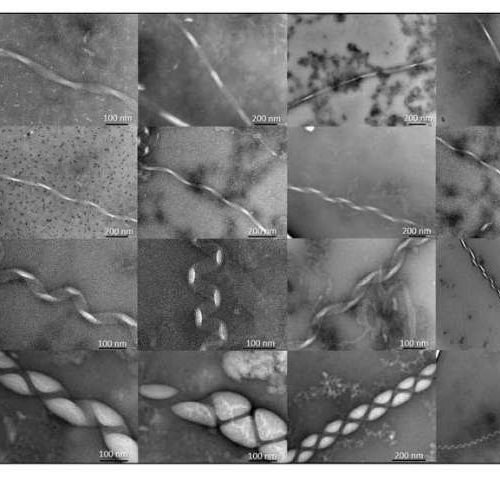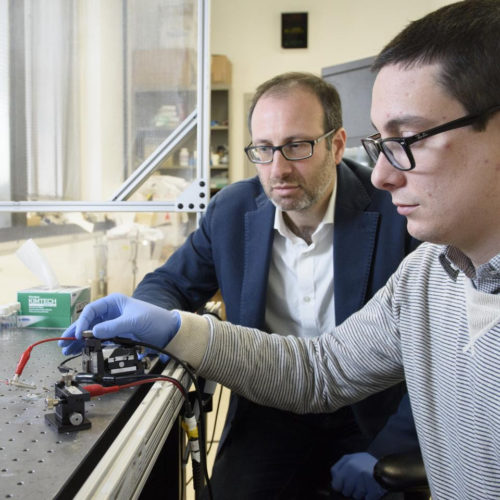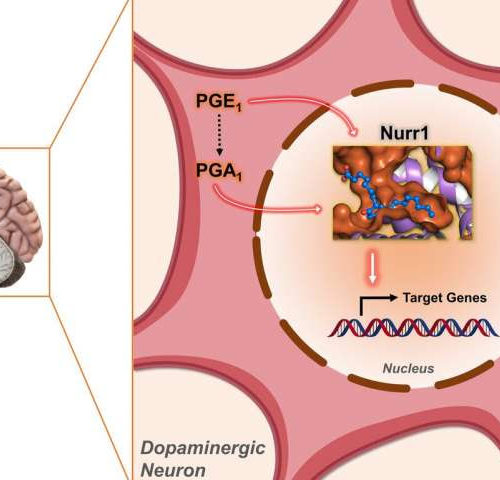Summary: The placebo effect combined with dopamine levels can determine whether symptoms of depression and social anxiety will improve in patients prescribed SSRI antidepressants. Researchers found the positive effect of the medications was four times higher in patients with high expectations the treatment would work compared to those with lower expectations. Source: Uppsala University Levels of dopamine...
Tag: <span>Dopamine</span>
Dopamine’s many roles, explained
ROCKEFELLER UNIVERSITY VIDEO: RESEARCHERS RECORD THE ACTIVITY OF NEURONS IN THE BRAIN’S OLFACTORY LEARNING CENTER (BOTTOM), AS THE FLY RECEIVES A DROP OF SUCROSE. CREDIT: LABORATORY OF NEUROPHYSIOLOGY AND BEHAVIOR AT THE ROCKEFELLER UNIVERSITY Among the neurotransmitters in the brain, dopamine has gained an almost mythical status. Decades of research have established its contribution to...
Role of dopamine in consciousness
by Barbara Jacquelyn Sahakian, Christelle Langley, Emmanuel A Stamatakis, Lennart Spindler, The Conversation We know very little about the human brain. Credit: Orla/Shutterstock Consciousness is arguably the most important scientific topic there is. Without consciousness, there would after all be no science. But while we all know what it is like to be conscious—meaning that we...
Dopamine is key to the mystery of metabolic dysfunction in psychiatric patients
by University of Pittsburgh Ball-and-stick model of the dopamine molecule, a neurotransmitter that affects the brain’s reward and pleasure centers. Credit: Jynto/Wikipedia Why do patients who receive antipsychotic medications to manage schizophrenia and bipolar disorder quickly gain weight and develop prediabetes and hyperinsulemia? The question remained a mystery for decades, but in a paper published today...
Scientists look to cell recycling tools for new ways to treat Parkinson’s disease
by Vanessa Wasta, Johns Hopkins University Photomicrograph of a mitochondrion, the energy-generating powerhouse in a human cell. Johns Hopkins Medicine researchers are studying how to recycle these organelles and perhaps, lead to new treatments for Parkinson’s disease. Credit: University of Wisconsin-Madison College of Agricultural and Life Sciences Researchers at Johns Hopkins Medicine are taking a...
Unique protein structures could hold the key to Parkinson’s disease
by University of Bath Scientists at the University Bath have discovered a series of protein structures that are thought to be highly relevant to the onset of Parkinson’s disease. It is hoped that further analysis of these structures will open up a new avenue for potential treatment for a disease that is the fastest growing...
Stanford researchers develop artificial synapse that works with living cells
CREDIT: L.A. CICERO/STANFORD NEWS SERVICE In 2017, Stanford University researchers presented a new device that mimics the brain’s efficient and low-energy neural learning process. It was an artificial version of a synapse – the gap across which neurotransmitters travel to communicate between neurons – made from organic materials. In 2019, the researchers assembled nine of...
Sugar breaks down neural circuits that may cause us to overeat
By Nick Lavars June 09, 2020 It is well known that consuming food and drink high in sugar is not great for us, but scientists are continuing to unravel the intricacies of how the sweet stuff drives negative health outcomes. The latest finding comes from researchers at the University of Michigan, who through studies in...
Antihistamines and similar drugs could slow down Huntington’s disease
Controlling dopamine signalling by targeting the histamine receptor has been shown to be a promising strategy for preventing the progression of Huntington’s disease in mice Scientists have described a potential new therapeutic strategy for slowing down early-stage Huntington’s disease in a new study published today in eLife. The research in mice indicates that targeting the...
Molecular pair offers potential for Parkinson’s treatment, study finds
by Nanyang Technological University A promising molecular pair has offered hope that could lead to the development of a new treatment to slow down Parkinson’s disease, a study by Nanyang Technological University, Singapore (NTU Singapore) and Harvard University has found. Parkinson’s disease is the second most common neurodegenerative disorder after Alzheimer’s disease, affecting 7 to...

